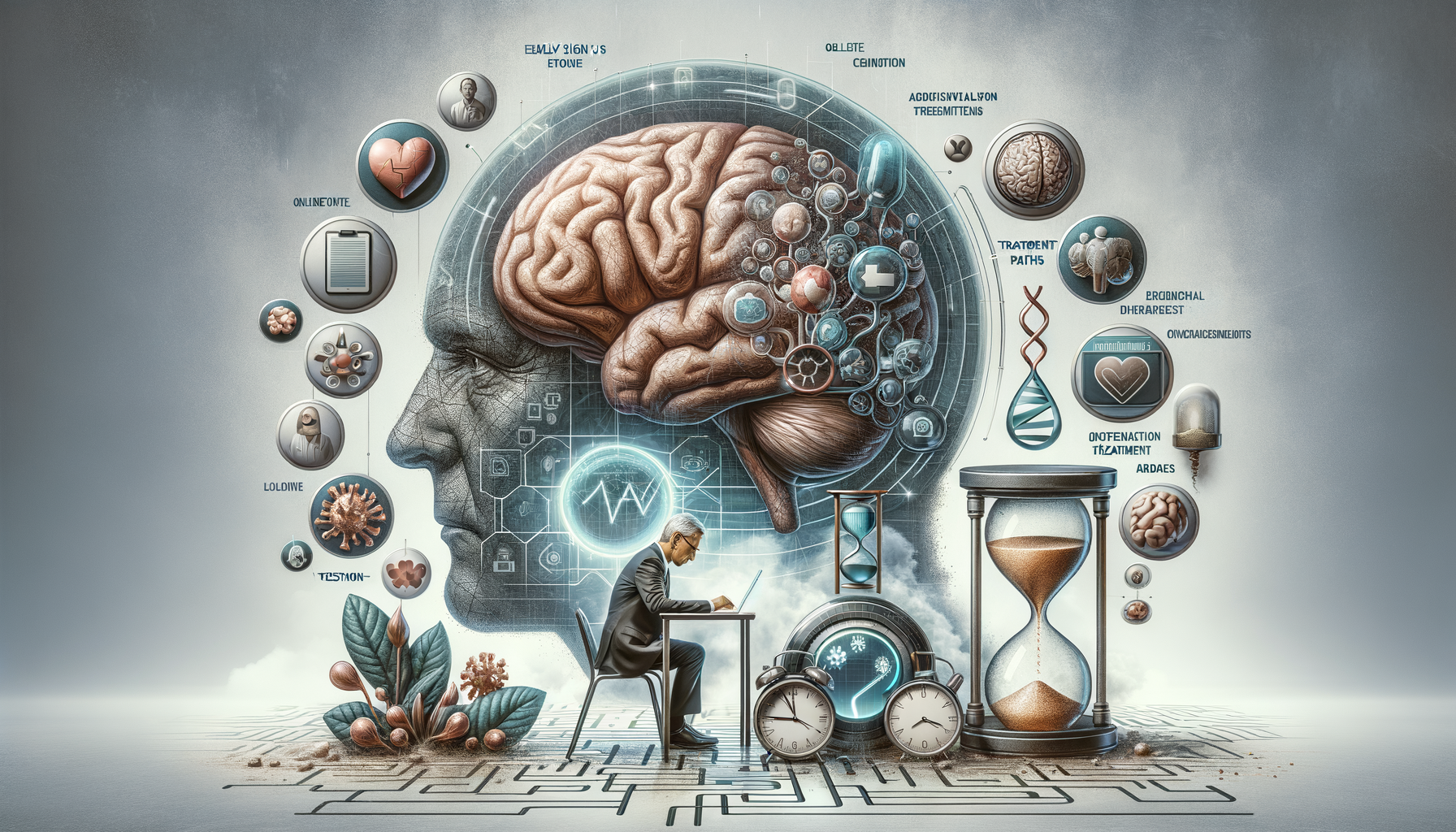Understanding Dementia and Its Early Signs
Dementia is a broad term used to describe a range of neurological conditions affecting memory, thinking, and behavior. Early detection is crucial as it can significantly impact the effectiveness of treatment and care strategies. Recognizing the early signs of dementia can be challenging, as they often appear gradually and may be mistaken for normal aging. Common early signs include:
- Memory loss that disrupts daily life, such as forgetting recently learned information.
- Difficulty in planning or solving problems.
- Challenges in completing familiar tasks at home or work.
- Confusion with time or place.
- Misplacing things and losing the ability to retrace steps.
Understanding these symptoms is the first step toward seeking a professional evaluation. Early diagnosis can provide individuals and their families with more time to plan for the future, access appropriate therapies, and improve the quality of life.
The Importance of Dementia Tests
Once early signs of dementia are recognized, testing becomes a vital tool in confirming a diagnosis. Dementia tests are designed to assess cognitive functions and identify any impairments. These tests typically include a series of questions and tasks that evaluate memory, attention, language, and problem-solving skills. Professional evaluation often involves:
- Medical history review and physical examination.
- Neurological tests to assess balance, sensory response, and reflexes.
- Cognitive and neuropsychological tests to measure thinking and memory skills.
These tests help differentiate dementia from other conditions with similar symptoms, such as depression or vitamin deficiencies. The results guide healthcare providers in developing a tailored treatment plan to address the individual’s specific needs.
Alzheimer Test: 12 Questions Online
The Alzheimer Test with 12 Questions Online is a widely recognized tool that helps in the preliminary assessment of cognitive functions. This test is easily accessible and allows individuals to evaluate their cognitive health from the comfort of their homes. It typically includes questions that cover various cognitive domains such as:
- Orientation to time and place.
- Memory recall and recognition.
- Language and comprehension skills.
- Visual-spatial abilities.
While these online tests can provide valuable insights, they are not a substitute for professional medical evaluation. They serve as a first step in identifying potential cognitive issues and can prompt individuals to seek further assessment from healthcare providers. It’s essential to approach these tests as a preliminary measure rather than a definitive diagnosis.
Treatment Options and Care Strategies
Upon a confirmed diagnosis of dementia or Alzheimer’s disease, developing a comprehensive treatment plan is crucial. Treatment often involves a combination of medication, lifestyle changes, and support services. Key aspects of dementia care include:
- Medications to manage symptoms and slow progression.
- Therapies such as cognitive stimulation and physical activities.
- Support groups and counseling for patients and caregivers.
Lifestyle modifications, including a balanced diet, regular exercise, and mental stimulation, play a significant role in managing the condition. Additionally, creating a safe and supportive environment can enhance the quality of life for individuals living with dementia.
Conclusion: Navigating the Path of Dementia Care
Understanding dementia and its implications is vital for those affected and their families. Early detection through tests and recognizing symptoms can lead to more effective management of the condition. While online tests like the Alzheimer Test with 12 Questions provide a useful starting point, professional medical advice is indispensable for accurate diagnosis and treatment planning.
By focusing on comprehensive care strategies, including medication, therapy, and lifestyle adjustments, individuals with dementia can maintain a better quality of life. Support from healthcare professionals, caregivers, and community resources plays a crucial role in navigating the challenges of dementia care.




Leave a Reply